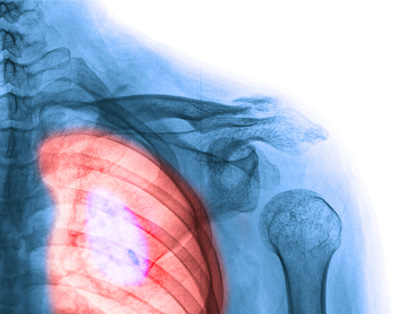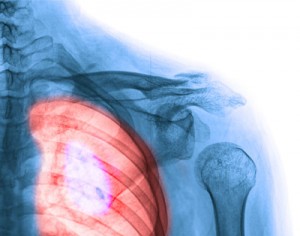Boehringer Ingelheim initiates Phase II trial of BI 1482694 in NSCLC
Posted: 3 November 2015 |
BI 1482694 is a novel, third-generation, oral, irreversible EGFR mutant-specific tyrosine kinase inhibitor (TKI) developed to specifically target tumours with T790M mutations…


Boehringer Ingelheim has announced the initiation of a global Phase II trial evaluating the efficacy and safety of BI 1482694 (HM61713) in patients with T790M mutation-positive non-small cell lung cancer (NSCLC), whose tumours stopped responding to currently available epidermal growth factor receptor (EGFR) directed therapies.


The primary endpoint of this trial is objective response rate (ORR).
Coordinating investigator Professor Keunchil Park, Division of Haematology & Oncology, Samsung Medical Centre, Sungkyunkwan University School of Medicine, South Korea commented, “Third-generation EGFR TKIs, which were developed to overcome the most frequent resistance mechanism to available first- and second-generation compounds, could become an important addition to our armamentarium against EGFR-mutant lung cancer. In this patient population with T790M we are now able to investigate a follow-on targeted therapy and potentially further delay the use of burdensome chemotherapy regimens.”
A Phase I/II trial of BI 1482694 indicated strong efficacy signals
BI 1482694 is a novel, third-generation, oral, irreversible EGFR mutant-specific tyrosine kinase inhibitor (TKI) developed to specifically target tumours with T790M mutations. At this year’s American Society of Clinical Oncology (ASCO) Annual Meeting, Boehringer Ingelheim announced interim results of a Phase I/II clinical trial that indicated strong efficacy signals in patients with such tumours, combined with a favourable safety profile. The T790M mutation is known as the most common resistance mechanism to develop in response to treatment with EGFR TKIs. It is found in approximately 50-60% of patients who previously received EGFR TKI therapy. There are currently no EGFR-directed therapies approved specifically for the treatment of this mutation, representing an area of great unmet need for these patients.
Boehringer Ingelheim has a strong presence in the field of EGFR mutated lung cancer with the approved Giotrif/Gilotrif. Further lung cancer compounds from Boehringer Ingelheim’s pipeline are in different stages of development and, together with BI 1482694. Boehringer Ingelheim said its aim is to achieve first market authorisation for BI 1482694, in this patient population, by 2017.
Dr Mehdi Shahidi, Medical Head, Solid Tumour Oncology, Boehringer Ingelheim commented, “We are investing strongly in our lung cancer pipeline, and together with the oncology community we aim to develop better treatment options for these patients. The addition of BI 1482694 to Boehringer Ingelheim’s lung cancer portfolio further underscores our commitment to patients with cancer. The initiation of the first pivotal trial of BI 1482694 is an important milestone in the forthcoming broad clinical trial programme, including several Phase III trials.”



